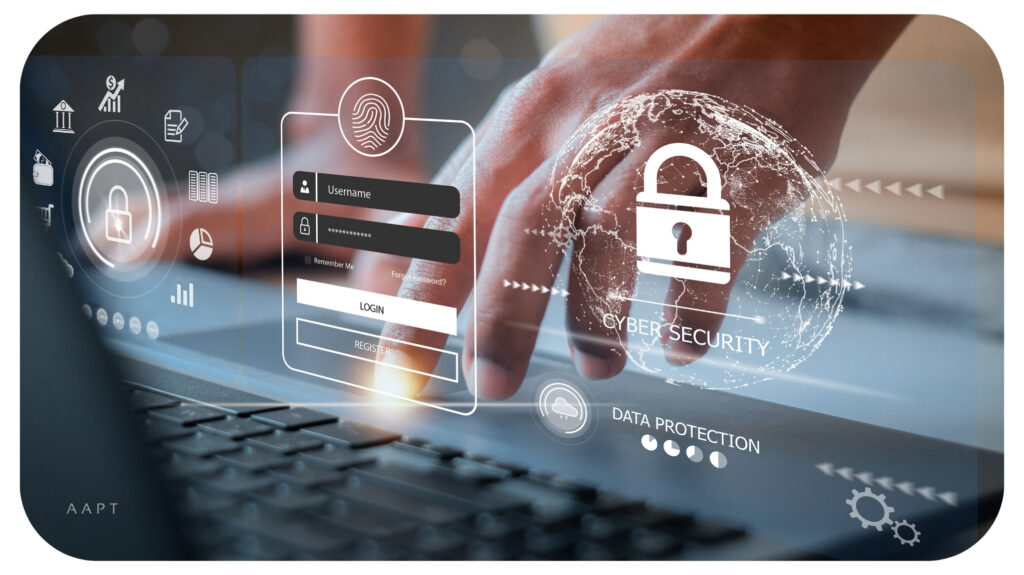3 Ways Businesses Can Protect Themselves Against Viruses
This post was last updated on May 1st, 2024

Today’s digital age makes it easier for businesses to reach their target audience.
However, these benefits come with their own set of risks. You need to make sure your business is are protecting itself from viruses that may infiltrate your website or place your customers’ personal information at risk.
Rather than taking a gamble, here are three ways your business can protect itself against viruses.
1. Educate Your Staff
Knowledge is power, especially when it comes to dealing with online threats. It is crucial to invest time and attention to training staff that access your business’ software daily. By helping your team identify possible risks, you can significantly reduce the odds of a virus being downloaded to your company’s computer network. You will want to cover such topics as:
- Identifying a real e-mail from a fraudulent email. This tends to be a common issue, but people do fall for them. For example, this e-mail fraud reportedly made over $20,000 in a month.
- How to handle attachments from unknown sources versus a trusted one. You will want to be sure that staff know how to recognize a secure e-mail and some common scammer tricks.
- What websites are acceptable to access on company equipment? Not only is accessing Facebook on company time unethical, you open yourself up to trouble from hidden downloads.
If the device is not the property of the company, do not bring it to work. Personal devices can open doors to viruses. Even plugging in a USB flash drive has its risks.
2. Manage Administrative Passwords
It is always essential for your business to change default passwords. While it might be convenient to keep all passwords left as “admin” upon setup, this is not a secure practice to maintain. The Equifax breach in 2017 is an example of why you should never use “admin”
The best practice would be to start by encouraging employees to create their unique password specific for work. These passwords should be longer than 14 characters and include numbers, letters, and special characters. The password should not match any other account the employee currently uses, whether it is for personal or professional use. Another good tip would be to encourage employees to change their passwords every six months and to avoid common information such as surnames or birth dates.
3. Secure Your Connections
While it can be convenient to access your company information and data remotely or through other off-site means (i.e., laptops, smartphones, tablets, etc.), there has been a sharp increase in the items being lost or stolen. This could lead to a breach of sensitive customer data for businesses. To help eliminate this threat, companies have taken to securing these openings on employee or company devices to prevent virus infections or data breaches by using endpoint protection software.
Keep in mind that endpoint protection software is not an antivirus program. Endpoint security includes ways to whitelist specific applications, manage network control, and detecting devices that communicate with a network. You can get more information about endpoint security to ensure your business’s protection.
Protecting a business that you have invested your blood, sweat, and tears into should not be another headache. By using careful research and preventative methods, you can maintain your business’ security as well as your clientele’s data. With due diligence and proper education, your company’s data will be safe from hackers and viruses.
You may like this
Recommended For You
Fleet Management: Benefits and More
Most Inside
Most Inside offers high-quality recommendations and valuable updates to enhance all aspects of your life, providing premium guidance and enriching experiences.




